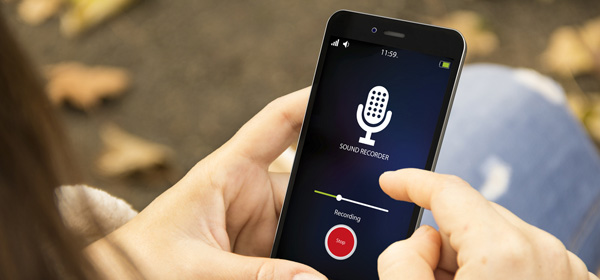When you download popular apps, you could be giving companies permission to a lot more than you think.
A lot of your privacy rights disappear the moment you download an app, and if you have location services enabled you can assume that your phone knows where you live and where you travel.
Many of the apps you download seek access to all sorts of information from your photos, microphone and contacts.
Uber is particularly notorious for its tracking practices. It was only a fortnight ago that the company agreed to stop tracking its passengers after their ride had been completed.
Prior to this, the Uber app would continue to track where passengers went for up to five minutes after their ride was completed.
An update to the app last November eliminated the option for users to limit data gathering to only when the app is in use, instead forcing them to choose between always allowing Uber to collect location data or never allowing it to be collected.
The option to never track required riders to manually enter pick-up and drop-off addresses.
On Facebook, any pages you click on or like are tracked and monitored.
Facebook also has access to the microphone devices of many users. It claims that it is not listening to users, but users have noticed that advertisements for things that they were talking about mysteriously pop up while they are scrolling.
“We only access your microphone if you have given our app permission and if you are actively using a specific feature that requires audio,” a Facebook statement read.
“This might include recording a video or using an optional feature we introduced two years ago to include music or other audio in your status updates.”
You can opt out of this in the app permissions section if you don’t feel comfortable with this.
How to protect yourself
Sometimes giving away information about yourself is unavoidable. If you use Uber, you are usually going to be picked up from or dropped off at your house. However, you should only ever activate location services if you absolutely have to for the performance of the app.
Never give away private information when you sign up to an app. Try and limit whatever information you provide to the bare minimum.
If you feel uncomfortable giving apps access to your phone, don’t download them. If an app seems to be asking for too much information, see if there is a similar app, one that isn’t so intrusive.
Related articles:
Is Windows 10 spying on you?
Are your devices spying on you?
How to turn off your spying tech

